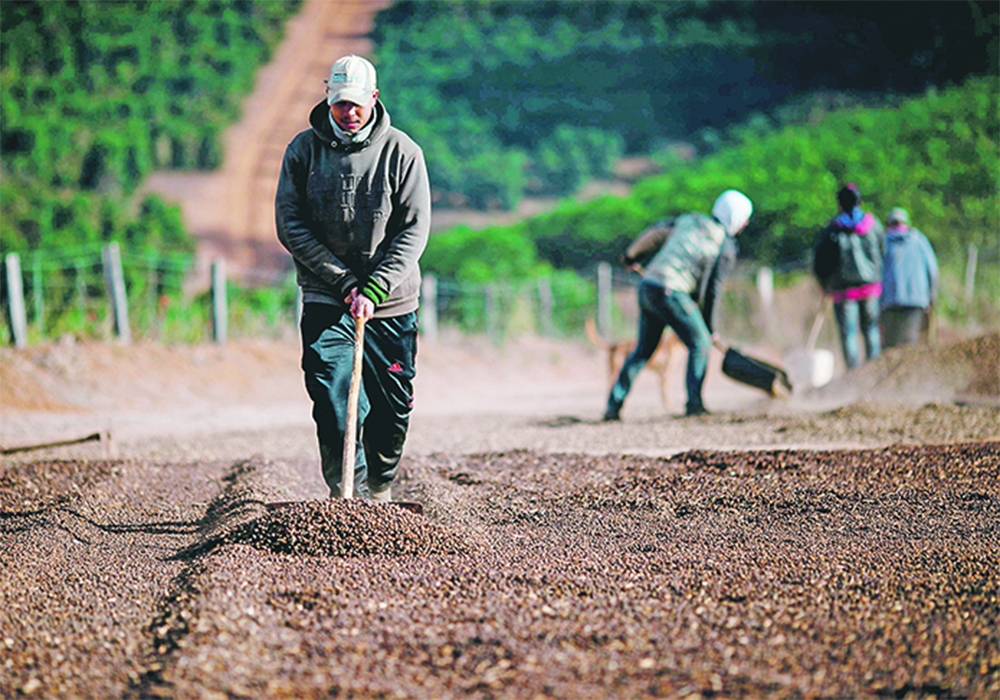A friend recently told me he had read in a newspaper that coffee is the world’s second largest crop.
Because of my employment at The Western Producer, he thought I might know if that was true.
I didn’t think so because it’s always been my understanding corn, wheat and rice are the planet’s three most-produced crops.
A quick internet search proved me right, and coffee was not on any of the lists that I found.
So what exactly had my friend read?
Read Also

Higher farmland taxes for investors could solve two problems
The highest education and health care land tax would be for landlords, including investment companies, with no family ties to the land.
I found the story he was referring to, and it turns out the quote that had caught his attention was part of a discussion about the state of the world’s coffee farmers: “We have coffee farmers who produce the world’s second-largest commodity … and a lot of them still don’t have access to basic needs and struggle to provide for their families.”
I decided to search for “coffee, world’s second-largest commodity,” and bingo, I was in business.
It turns out a Starbucks official had told a U.S. Senate committee in 2017 that “coffee is the second-most traded commodity after oil.”
So that’s where that comes from, I thought. But is it right?
Helpfully, a division of the Poynter Institute, which is a well-thought-of journalism research and education centre, had decided to fact check this particular statement.
Keep in mind that the numbers are a little old now, but the general trend is clear.
PolitiFact, the Poynter’s fact-checking arm, said the oil export market was estimated to be US$788 billion in 2015, according to the United Nations’ trade statistics branch. Aluminum trade was estimated to be $106 billion, copper $104 billion and iron ore and concentrates were $67 billion.
For agricultural crops, PolitiFact used World Bank and U.S. Department of Agriculture data to peg the world market for soybeans at $57 billion and wheat at $29 billion.
And coffee? PolitiFact was able to come up with an export number of $19 billion, while in its defence, Starbucks said the International Institute for Sustainable Development put the market at $23 billion.
So, any way you look at it, coffee is not the world’s second-most traded commodity.
This misconception has apparently been around for decades, and while efforts are occasionally made to set the record straight, it stubbornly persists — like misconceptions often do.















